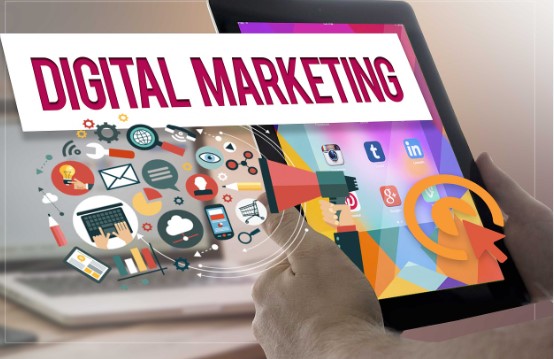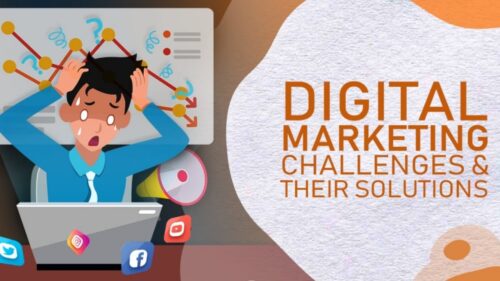
Have you ever wondered what you would have been doing in an hour-long journey had you not been window shopping via the various apps downloaded on your phone? Have you ever wondered how would you have accelerated your start-up had there been no platform to circulate it quickly? Have you ever really paused to think of the 21 st century without digital marketing?
Well, in the present era, we all could not invariably deny the presence of digital marketing in our lives. For those who still dwell on the complexity of the subject, digital marketing is simply the marketing of products or services using a variety of digital mediums. It defines the usage of digital networks in transmitting the value of a product or service to the end-user. A combination of a thread of various methods of digital marketing, even extending to non-internet channels that provide digital media, provides a ground for this prevalent and efficient approach.
The history of evolvement of digital marketing could be traced along to the growth of technology. Since the 1900s, when the term was coined and computers began to play a major role in the lives of the masses, the campaigns became inclined towards automation as marketing turned digitalized.
With the growing competition, the marketing approach started moving in a more non-linear fashion. The dynamic market environment demanded more free flow of information as consumers became more technologically aware, creating a long-term platform for digital marketing as consumers began to increasingly use the internet to look for product information, compare prices, etc.
Digital marketing is the tool that is used by brands not only to market their products and services but to make their customers feel valued by providing support services and also by encouraging feedback through this channel. Social media platforms are the major source of connectivity and promotion for brands as customers believe in the unadulterated version of the experiences of other customers.
Digital marketing does serve some basic key objectives in the market which not only enhances the value of the brand but also makes it a trend-setter in the market. The usage of internet platforms effectively and invariably creates a competitive advantage for the firm via various means. The firms benefit from the maximum potential of their digital marketing by creating an efficient flow of information through their social media network. The ease of access provided by digital marketing is the major benefit that was missing in the earlier era of traditional marketing. This form has provided customers with a much-needed platform for direct interaction and exchange of motives virtually and on a real-time basis.
With the active market growth of digital marketing, aided by the downfall of traditional marketing systems and the acceleration of digital media, it can be safely said that the effectiveness of digital marketing depends on the channel selected and undoubtedly each channel has certain drawbacks attached to it as well.
Digital marketing ends up providing a vast set of opportunities for the company as it extends its own outreach and reviews the outreach of its influencer. The need for a proper strategy and action henceforth falls under the succeeding stages of digital marketing.
Thus, digital marketing training in Bangalore has a similar undertone as traditional marketing with respect to function and objectives. In the ‘sharing economy, the efficiency and low-cost channels available for digital marketing make it an essential feature of this economy.



